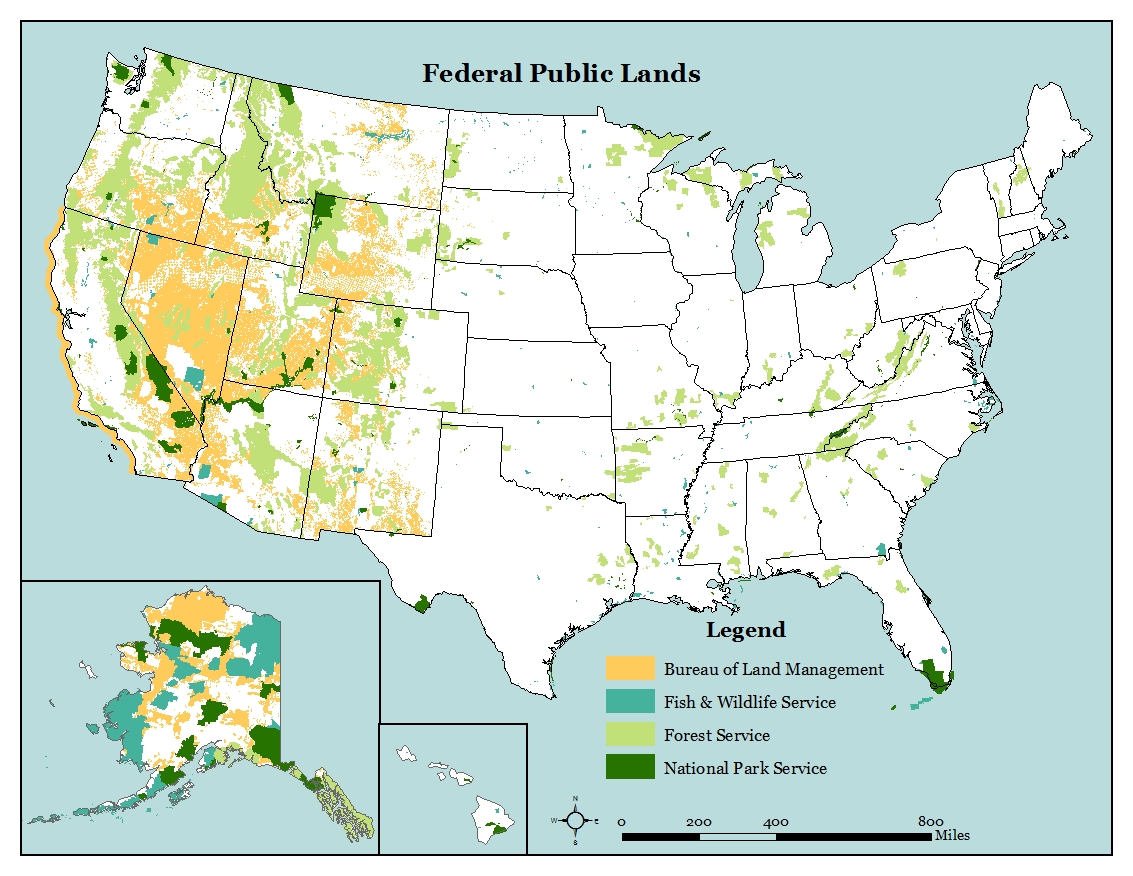In ancient Greece, if you weren’t a landowner you weren’t respected. In the U.S., voting rules were determined by the States, and originally, everywhere, you had to be a landowner. That meant you had something to lose. But that’s not the case anymore.
Therein is alluded to one of the central problems in America today: we are living in the "Information Age" under a system designed for an agricultural age. If one were to implement voting restrictions today that are corollaries to those implemented in the 1700s, they'd be based on intellectual acuity, not land ownership.
In the Age of Enlightenment, land ownership was the most significant determinant to one's wealth and ability to thrive in the colonies and United States formed from them. Today, it's largely the possession of a well developed mind that determines one's ability to thrive, and unlike land, that can't really be taken away once one has obtained it and that it cannot bodes well for productive transferability (one's aptness for putting one's mind to "something else" besides that to which one initially devoted it) across both geography and industry.
But as wild and wooly as things were back then, what we have now is much more serious. The racial element is still there, but the ideological element is even more pronounced. In those days, people at least talked to each other. You could have a disagreement, and it was a simple difference of opinion. It’s much worse now.
It works that way among civilized and bright people today as well. What's different is that the disagreements of old that became well known were mostly among the political, social, intellectual and economic elite. (I'm referring to being heard/speaking individually on a broad-based level...national, statewide, citywide or countywide.)
These days, we have social media which is good in that it offers a voice to the non-elites of the country, and that's a good thing to a point insofar as it's good that people who have something germane and of merit to contribute to a discussion should have an easy way of doing so, regardless of their social station or physical location.
What's bad about it, and it's not social media's existence
per se, is that a lot of non-elite folks are willing to and do share their thoughts on matters, especially political ones, about which they are not fully informed. There is too another aspect of the problem that has nothing to do with social media -- that today, unlike in the even the 20th century, there is vastly more knowledge, more information to consider with regard to any given issue.
Today, people confound being able to say something with having something worth saying. In the past, people who had only puerile comments on a matter weren't widely heard, whereas today the can be and are. The filter is gone, and that is the problem.
You add that to the racial situation. Then throw in the fact that the rich are getting richer at an exponential rate while the middle class is disappearing.
I'm so sick and tired of sophistic implication concomitant with citing the shrinkage of the middle class, that is, that as we've been experiencing it in late 20th and ongoing 21st centuries in the U.S. is a bad thing. Quite simply, it's not. I'd care about the fact that the middle class is disappearing were it not also true that
the middle class' disappearance is overwhelmingly due to their becoming upper income individuals/households. Sorry, but I don't see a problem with middle class folks "movin' on up."
Look at the chart below and do the math.

- Middle Income group decreased by 19%: 62% - 43% = 19%.
Where did the members of that 19% go?
- Upper Income group increased by 20%: 49% - 29% = 20%
- Lower income group decreased by 1%: 10% - 9% = 1%
Fewer lower and middle income folks and more upper income folks. What's not to like about that?!? That chart depicts
quantities of households as a percentage of the whole, not
share of income held by the respective genres of households. Yes, income inequality has increased. Of course it has. How can that not happen when nearly 20% of middle income households have become upper income households?
I mean, really. If one is financially "doing alright," is one truly going to gripe about the fact that others are doing vastly more "alright," and thereby view "everything" through the lens of that difference in "alright-ness," or is one going to take satisfaction in the fact that one is "doing alright" and not get one's panties in a bunch over the fact that someone else far more "alright?"
That said, I’m actually for open borders. But it’s only possible if, A, there is zero welfare to attract the wrong types. And, B, all property was privately owned
What? All property privately owned? That's not even possible, let alone plausible. The lands that have been designated as parks and that is holds many government buildings and the buildings themselves are rarely going to be privately owned. Can you imagine the Pentagon being privately owned? Who's supposed to hold title to Yellowstone park and other wilderness areas that are publicly held so all may enjoy them?
Even ignoring those things,
the fact is that about 60% of U.S. land is privately owned. And I've only addressed land, real property, for the most part. What about personal property? Nobody "rents" their personal property from the government. Including personal property may seem outlandish, but I didn't write "all property;" Casey did.



